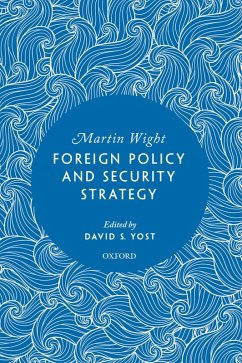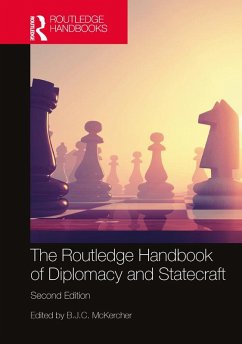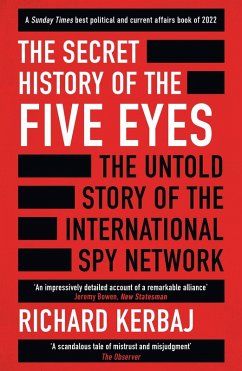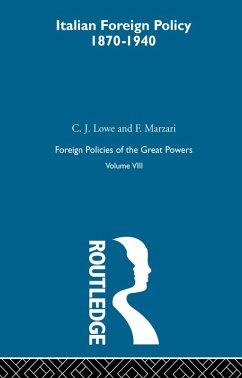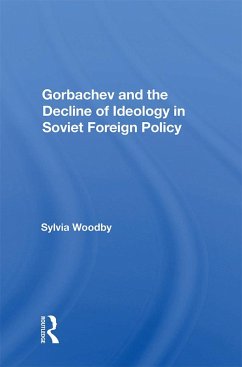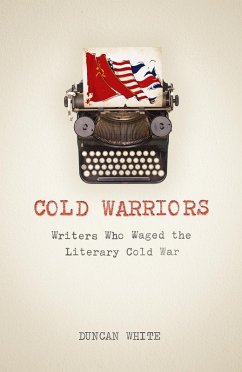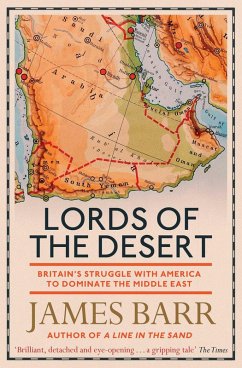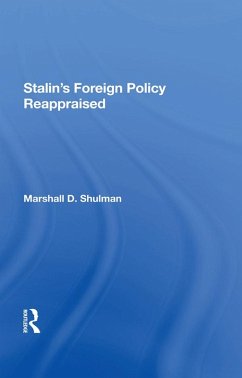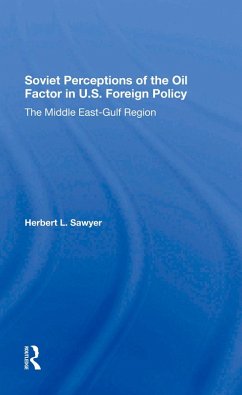
Foreign Policy and Security Strategy (eBook, ePUB)
Versandkostenfrei!
Sofort per Download lieferbar
56,95 €
inkl. MwSt.
Weitere Ausgaben:

PAYBACK Punkte
28 °P sammeln!
Foreign Policy and Security Strategy collects works by the late Professor Martin Wight (1913-1972), an historian and scholar of international relations. Wight conducted research on many topics, including British colonial history, European studies, international institutions, and the history of states-systems. He is nonetheless best known for his lectures about the political philosophy of international relations at the London School of Economics (1949-1961) and the University of Sussex (1961-1972). He is widely regarded as an intellectual ancestor and pathbreaker of the "English School" of inte...
Foreign Policy and Security Strategy collects works by the late Professor Martin Wight (1913-1972), an historian and scholar of international relations. Wight conducted research on many topics, including British colonial history, European studies, international institutions, and the history of states-systems. He is nonetheless best known for his lectures about the political philosophy of international relations at the London School of Economics (1949-1961) and the University of Sussex (1961-1972). He is widely regarded as an intellectual ancestor and pathbreaker of the "English School" of international relations, even though this term only gained currency nine years after his death. The "English School" is usually construed as signifying an approach to the study of international relations more rooted in historical and humanistic learning than in the social sciences. Despite Wight's reputation as a scholar focused on historical and philosophical matters, he articulated noteworthy policy prescriptions in six domains: (a) the balance of power; (b) international order, notably regarding neutrality and nationalism; (c) nuclear weapons and international politics; (d) interests, honour, and prestige in statecraft; (e) disarmament and public opinion; and (f) the United Nations. These writings have been neglected, partly because his perfectionism led him to refrain from publishing many of them. However, as this new collection of his works (many previously unpublished) shows, he took distinctive positions on practical policy questions. He asked "Does Peace Take Care of Itself?" - as implied by Kantian principles - and concluded that it does not, and that purposeful action will therefore be necessary.
Dieser Download kann aus rechtlichen Gründen nur mit Rechnungsadresse in A, B, BG, CY, CZ, D, DK, EW, E, FIN, F, GR, HR, H, IRL, I, LT, L, LR, M, NL, PL, P, R, S, SLO, SK ausgeliefert werden.




